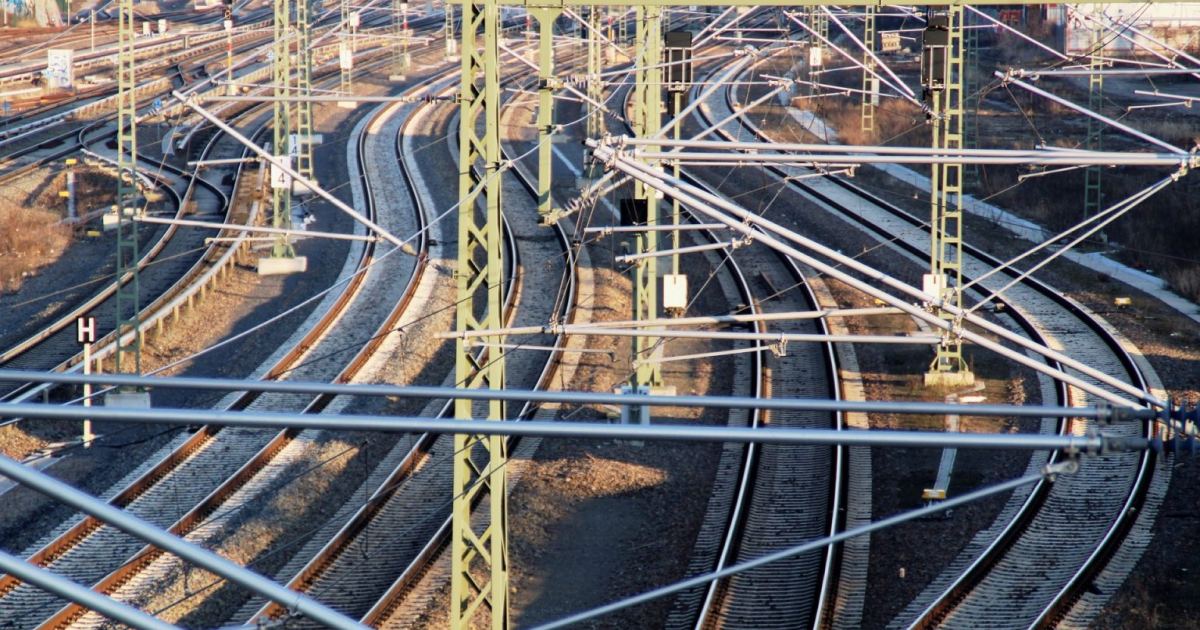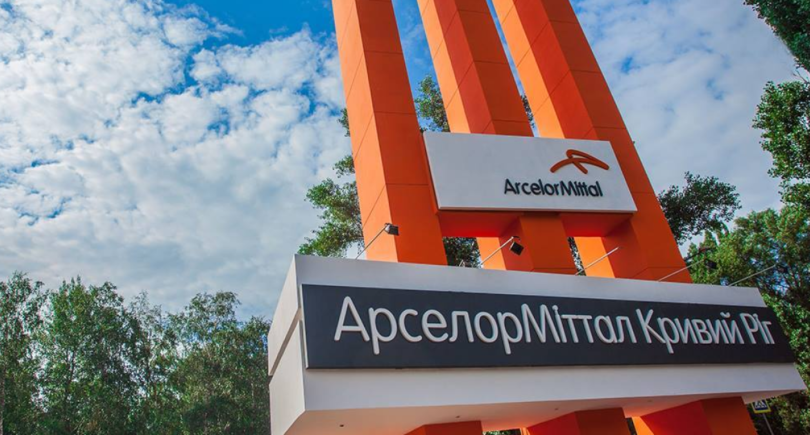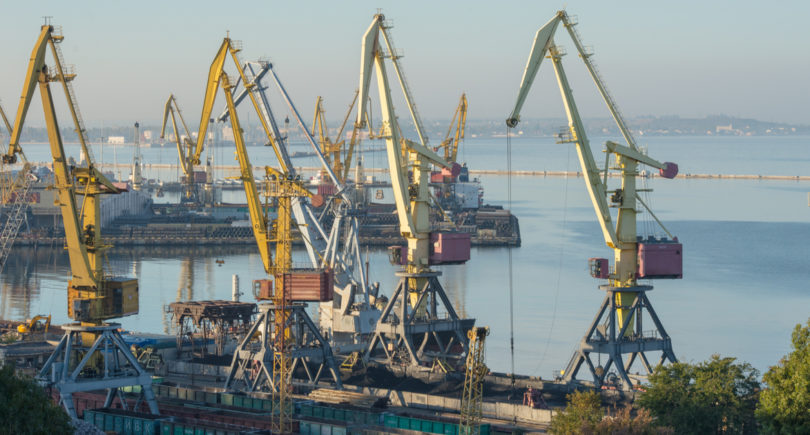
News Infrastructure Germany 1494 08 March 2024
The share of railway freight transportation for the industry is 50.5%
Railroad stoppages in Germany have a significant impact on logistics in the steel industry. The German steel association WV Stahl explained how rail strikes affect the industry.
As noted, rail freight transportation, which accounts for 50.5% of the industry’s share, is the most important mode of transport for the steel industry both in terms of raw materials logistics (iron ore, coal, lime and scrap) and steel product supplies (annual transportation by this mode of transport is about 62 million tons). Companies in the industry are concerned about the wave of strikes announced by the GDL (German Railway Drivers’ Union).
Strikes can have serious consequences: if the supply of raw materials cannot be secured, there is a risk of production stoppage. On the supply side, industrial value chains are severely disrupted as key industries such as the automotive and mechanical engineering sectors lack the steel they need to produce. Given the current weakness of the German economy, this is a blow to it.
Companies in the steel industry are trying to avoid or at least limit disruptions in production and supply in dialogue with transportation providers.
Switching to other modes of transportation, WV Stahl notes, is only possible to a limited extent, as rail transportation volumes are too high. Depending on the scale of the strike, metallurgists may switch to other modes of rail, road or inland waterway transport to a limited extent, but only if there is spare capacity.
«If, as GDL has announced, so-called wave strikes in the future are announced with only minimal advance notice, it will be much more difficult to switch to other modes of transport,» the clarification reads.
The announcement of strikes with a minimal time lag is a serious challenge for steel companies. Another peculiarity is that the complex logistics of rail freight transportation take several days to return to normal even after the protests end. Thus, the consequences may accumulate.
The GDL trade union started another strike on March 7 in passenger rail transport lasting 35 hours, DW reported. A similar strike in freight transport began in the evening of March 6 (lasting until the morning of March 8). It was a response to the futile negotiations with Deutsche Bahn (DB), which the union prematurely broke off. The GDL’s main demand remains a reduction in the working week to 35 hours with the same salary. The union has also threatened to hold “spontaneous” strikes in the future without giving 48 hours’ notice.
As GMK Center reported earlier, German steelmakers increased steel production by 4.9% in January 2024 compared to January 2023, to 3.07 million tons. Rolled steel output amounted to 2.72 million tons, up 6.2% compared to January 2023.




